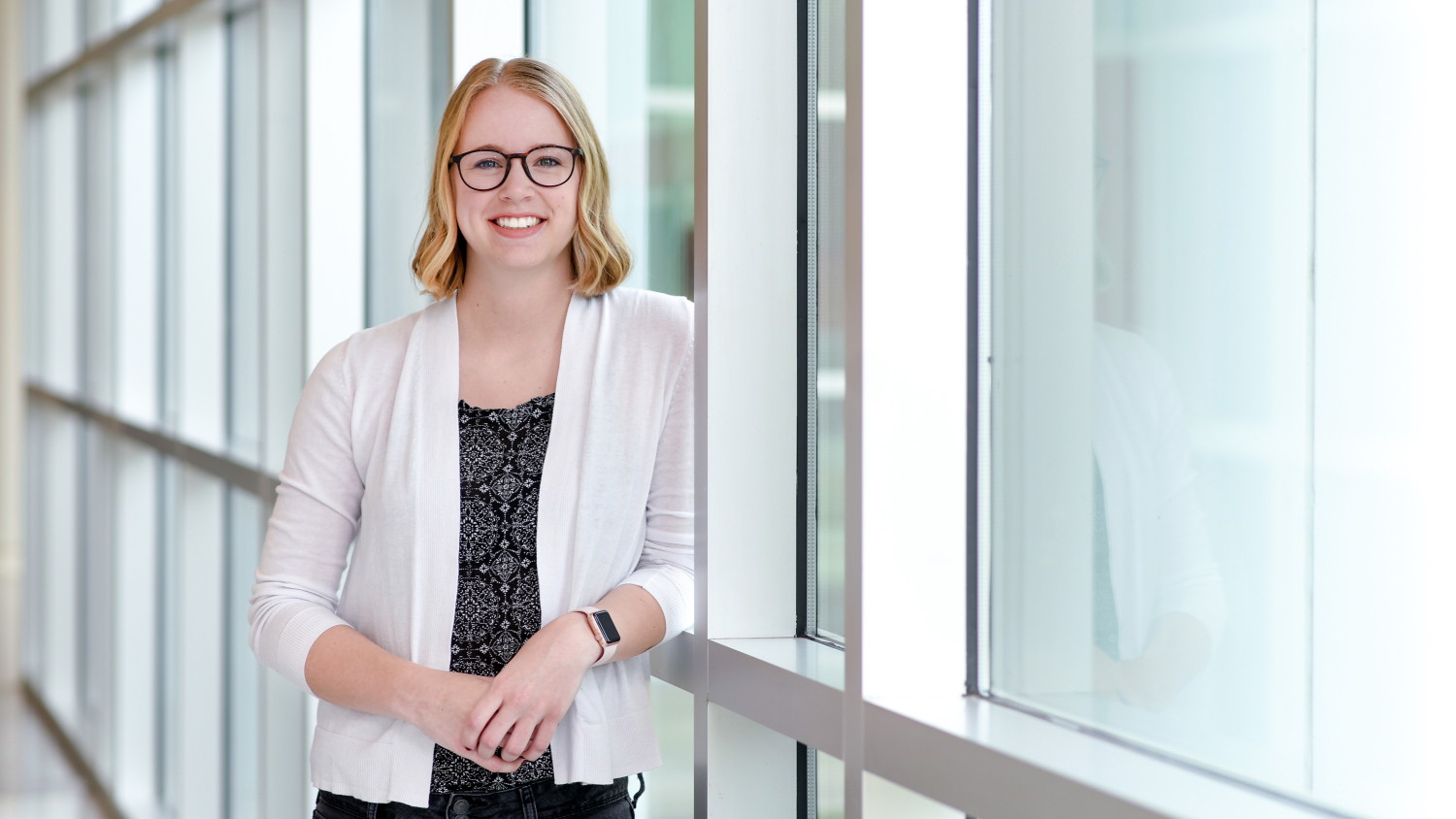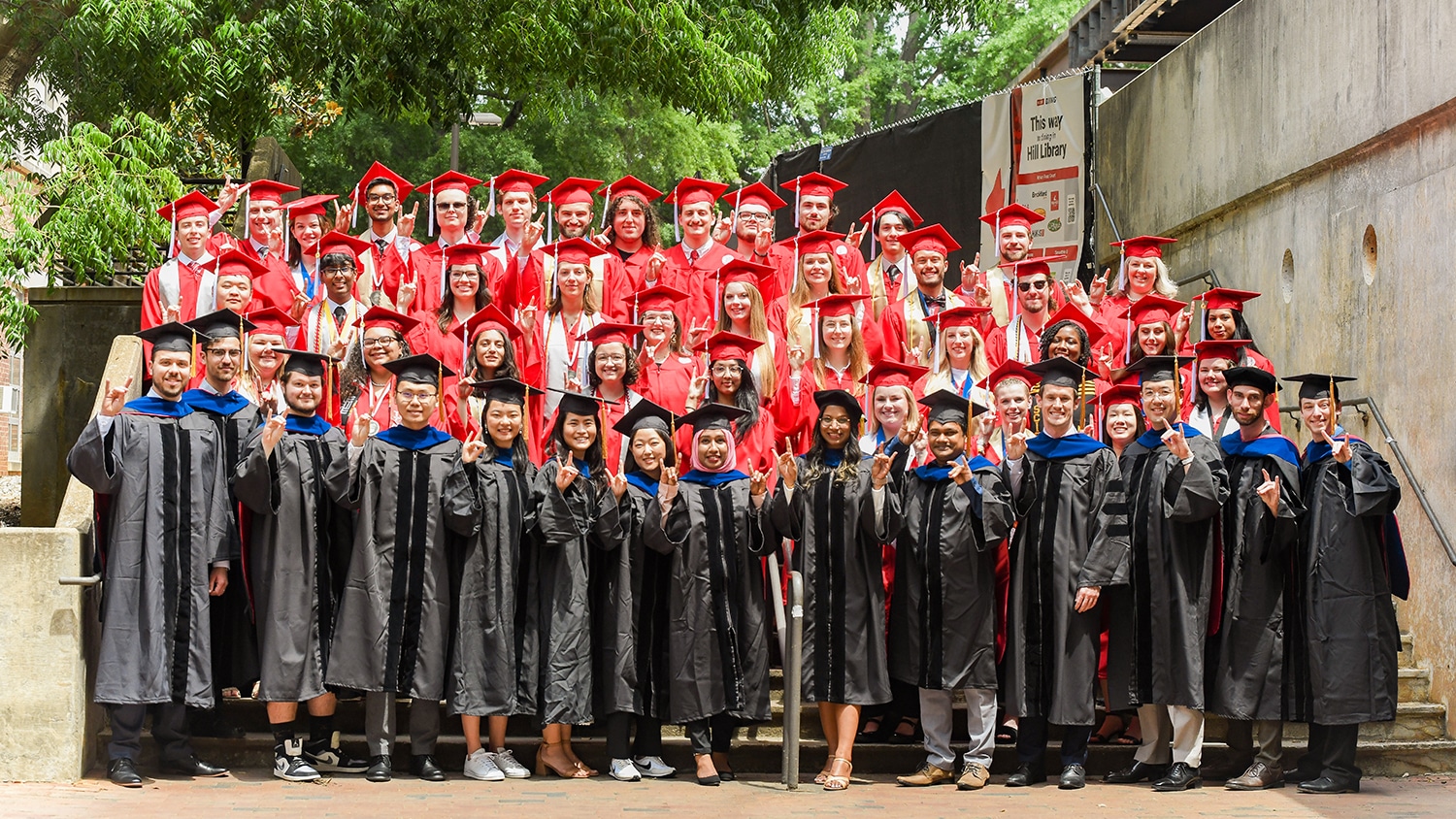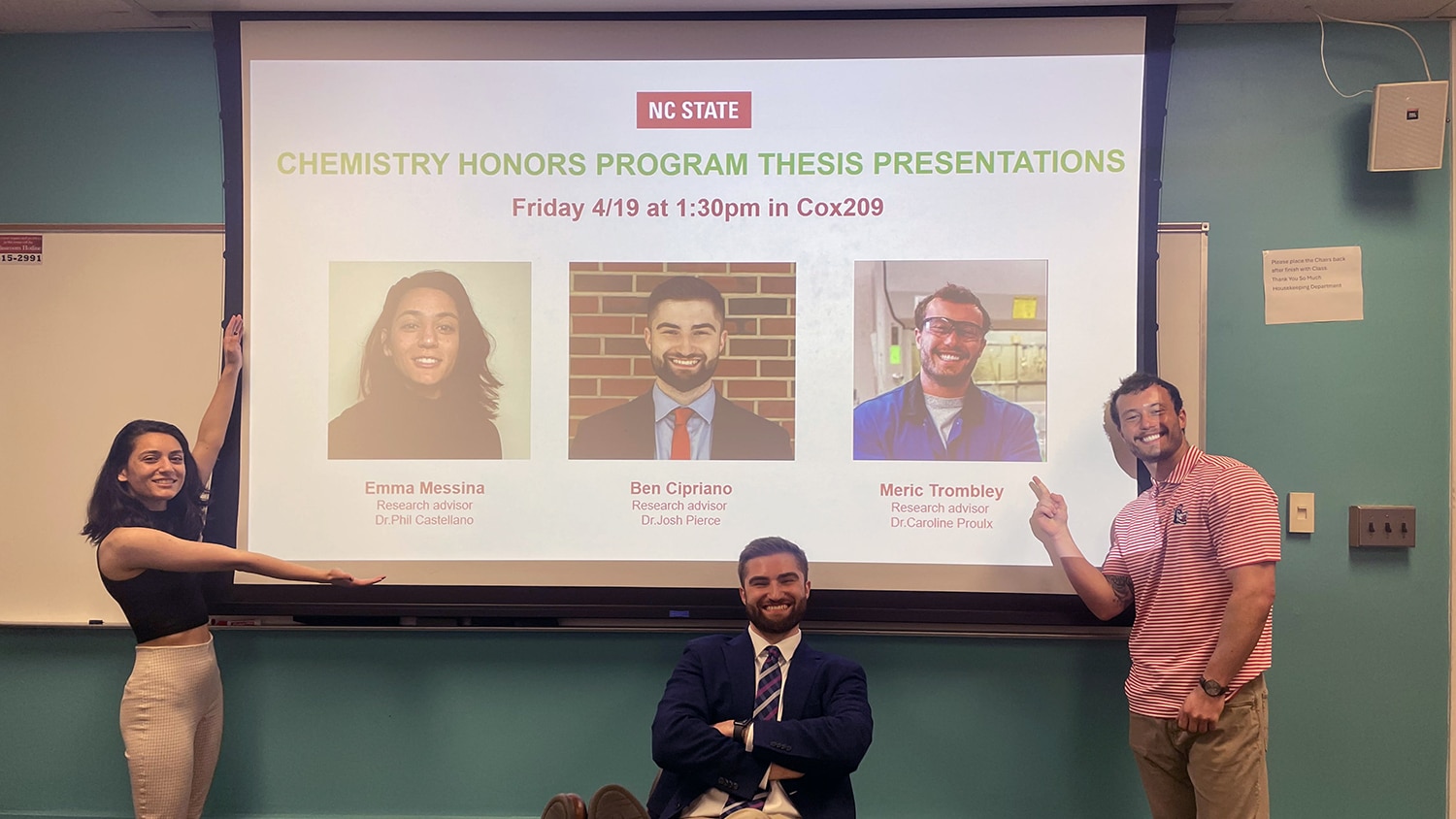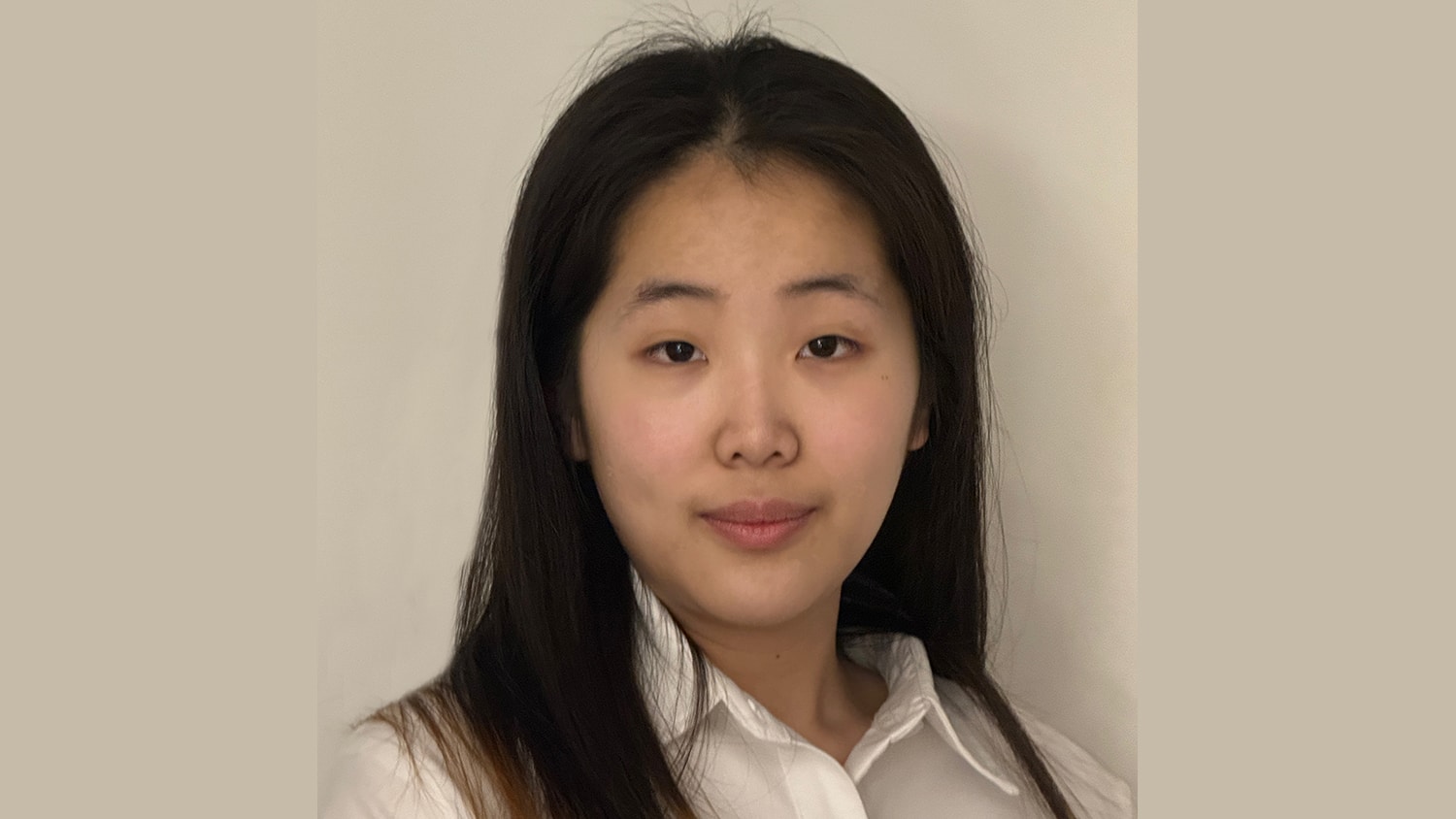A Chemical Chain Reaction

There are experiences you can anticipate having in a chemistry lab. And then there’s scaling a fish.
“We were looking at this toxin created by algae and wondering, how does it get from the algae to humans, and we started thinking about seafood,” Kaylie Kirkwood, a senior chemistry major at NC State University, explained. This speculation turned into a trip to the farmer’s market, where Kirkwood and her boss bought “one of everything.”
They toted their haul back to campus in a garbage bag.
“All we had was the tools you’d find in a chemistry lab – I was gutting a fish with an X-Acto knife, opening up clams and oysters with screwdrivers,” Kirkwood said. “That was something I never expected to do.”
This commitment defines both the lab of David Muddiman, Jacob and Betty Belin Distinguished Professor in the Department of Chemistry, and Kirkwood herself. She is part of a project examining environmental triggers of amyotrophic lateral sclerosis (ALS). While it’s not uncommon for scientists to be highly driven in their research, Kirkwood is part of a team possessing even greater motivation: their connection to Michael Bereman, a former student of Muddiman’s and current assistant professor of biological sciences, who was diagnosed with ALS in 2015 and continues to research its environmental links.
“Seeing the potential impact that your research could have brings a whole new set of motivations,” Kirkwood said. “Dr. Bereman’s grad student, Josh Beri, mentored me and I was in his lab a lot. It’s been impactful for the research, and it’s why we’ve kept pushing when we’ve had setbacks with the project. It’s carried on because of Dr. Bereman.”
She estimates she spends 40 hours a week in the lab in the summer and gets in at least an hour of work every day during the school year – something that would not have been possible before she was awarded the Joyce Hall Aspnes Scholarship and the Glaxo Undergraduate Scholarship.
“I found it much harder to think and do extraordinary things when I had the financial burden of paying for my education,” Kirkwood said. “Once that was lifted off my shoulders, I feel like I really have fulfilled the Campaign slogan with the time I’ve been able to spend thinking about my classwork and doing research in the lab. It has been like night and day since I received those scholarships.”

Kirkwood has also gained valuable professional experience in the lab. The results of the seafood research ended up becoming her first publication when the paper she co-authored with Bereman, Beri and Muddiman appeared in Analytical and Bioanalytical Chemistry.
She also has had the opportunity to attend national conferences in Minneapolis and Princeton, presenting a poster and delivering a lightning talk.
“I was one of two undergraduates who gave a talk,” she said. “It was outside of my comfort zone, but I’m now better at communicating my research.”
This is not quite the path Kirkwood, who grew up in Ohio and moved to Wilmington with her mother when she was a junior in high school, envisioned when planning for college. She was interested in chemistry but also design, and she was considering becoming a veterinarian. Because NC State is highly regarded in all three fields, it was the right choice for her.
As Kirkwood grew more serious about chemistry, the encouragement of her professors led her to the research lab. “I TAed for general chemistry my sophomore year, and I loved it. When I told the professor who taught the course how much I loved teaching, he said if there was any chance I was thinking about going into academia, I should do research as soon as I can,” she said.
Kirkwood wanted to undertake chemistry research with a biological application, which led her to the Muddiman Lab. Because of her interest in toxicology, she joined the lab’s ALS research project.
She uses a mass spectrometer – an instrument that converts molecules to ions in order to measure their characteristics – to identify different molecules in a variety of samples, such as water and seafood, in the team’s study of the environmental triggers of the disease.
After their paper was published, a researcher in Australia contacted the lab. He had plasma samples from patients with ALS but lacked the advanced instrumentation for analysis and offered to share them. Kirkwood has most recently been focused on these samples, which aligns with her interest in the human health side of analytical chemistry.
In addition to her research in the lab, Kirkwood works with the College of Sciences’ communications and marketing team.
“I definitely wouldn’t have had time to try that out without scholarship support,” she said. She is excited about her newly gained WordPress skills because most labs use that platform, and she will be able to help effectively share the work of the next lab she joins.
And that next lab will be at NC State: Kirkwood has accepted an offer to pursue a Ph.D. in analytical chemistry in the fall. She will be joining the lab of Erin Baker, associate professor of chemistry. While she is interested in a career in academia, she isn’t committed to any one path yet.
“That’s one thing I’ve learned being here: Keep an open mind about where your future is going,” she said. “My plans from freshman year are completely different from what my plans are now, and I think I’ve ended up exactly where I was supposed to end up.”
This post was originally published in Giving News.
- Categories:


